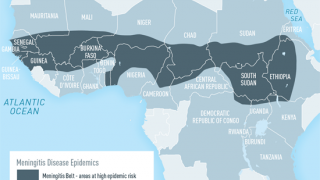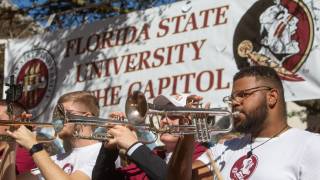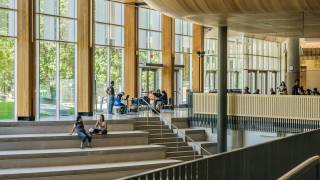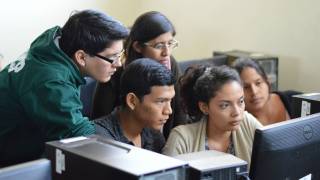Meningitis Outbreak Confirmed at UMass Amherst
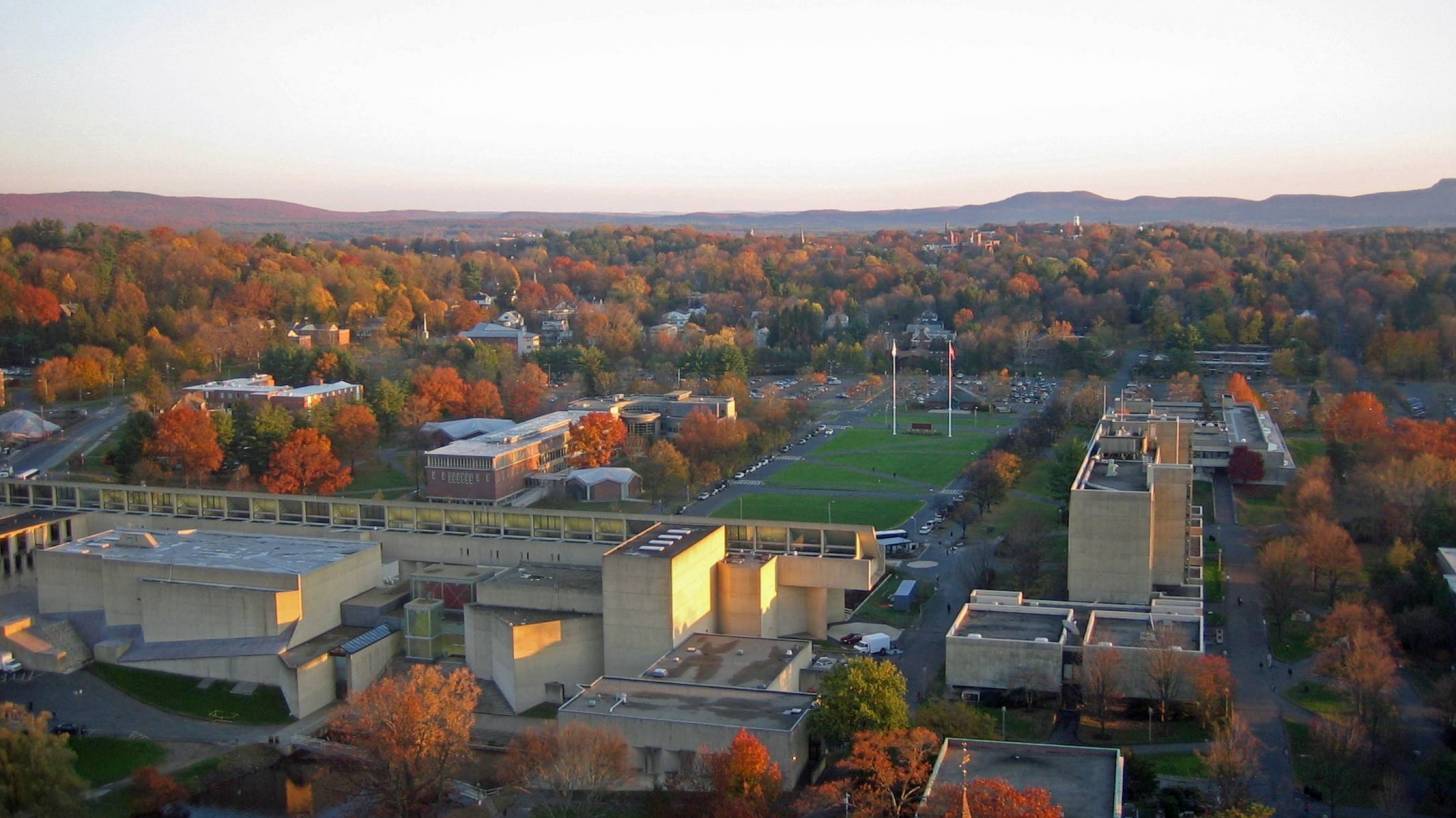
Health officials have confirmed two UMass Amherst cases are meningococcal disease since they originated from a single strain of genetically identical organisms.
This means the UMass Amherst situation should be considered a meningococcal disease outbreak.
“There are no plans to interrupt any classes, attendance or housing at UMass due to Meningococcus B,” said George A. Corey, M.D., Executive Director, UMass Amherst University Health Services.
Meningococcal disease is a serious illness caused by a type of bacteria called Neisseria meningitidis. It can lead to meningitis, which is an infection of the lining of the brain and spinal cord, and infections of the blood.
The fatality rate for this type-B strain is up to 15 percent even when treated, and many infected people are left with disabilities.
University Health Services (UHS), in concert with the Massachusetts Department of Public Health and the Centers for Disease Control and Prevention (CDC), are recommending that students at the highest risk receive serogroup B vaccinations during the next two weeks.
Those at the highest risk include:
- all undergraduates,
- graduate students living in undergraduate housing, and
- all students with conditions such as asplenia, a complement deficiency, sickle cell anemia or those taking the medication Solaris.
Current CDC’s outbreak protocols do not consider faculty and staff to be within this risk group, except for those with the conditions listed above.
Faculty and staff who are concerned about exposure to meningitis or are interested in being vaccinated are encouraged to contact their primary care provider.
“Meningococcus B is not spread through sweat. It is safe to go to the Recreation Center and use the exercise equipment and to swim in university pools. Do not share water bottles while working out” said Dr. Corey.
UHS also continues to advise the campus community:
- Don’t swap saliva.
- Avoid sharing food, drinks and personal items that contact saliva, including drinks from punch bowls.
- Wash hands with soap and water or hand sanitizer.
- Cover coughs and sneezes with a tissue or your sleeve.
- Don’t touch your eyes, nose, or mouth—germs spread easily this way.
Meningitis B vaccines can be given to anyone 16 through 23 years old to provide short-term protection against most strains of serogroup B meningococcal disease.
For best protection, more than 1 dose of a serogroup B meningococcal vaccine is needed. The same type of vaccine must be used for all doses.
Most pharmacies in the USA offer vaccination service.
Vaccine prices vary and can be researched at this CDC site. To research vaccine discounts, please visit this page.
For more information from UMass, please see this Frequently Asked Questions document. Additional information on bacterial meningitis may be found here, or by calling the Massachusetts Department of Public Health’s Division of Epidemiology and Immunization at 617-983-6800.
Our Trust Standards: Medical Advisory Committee







